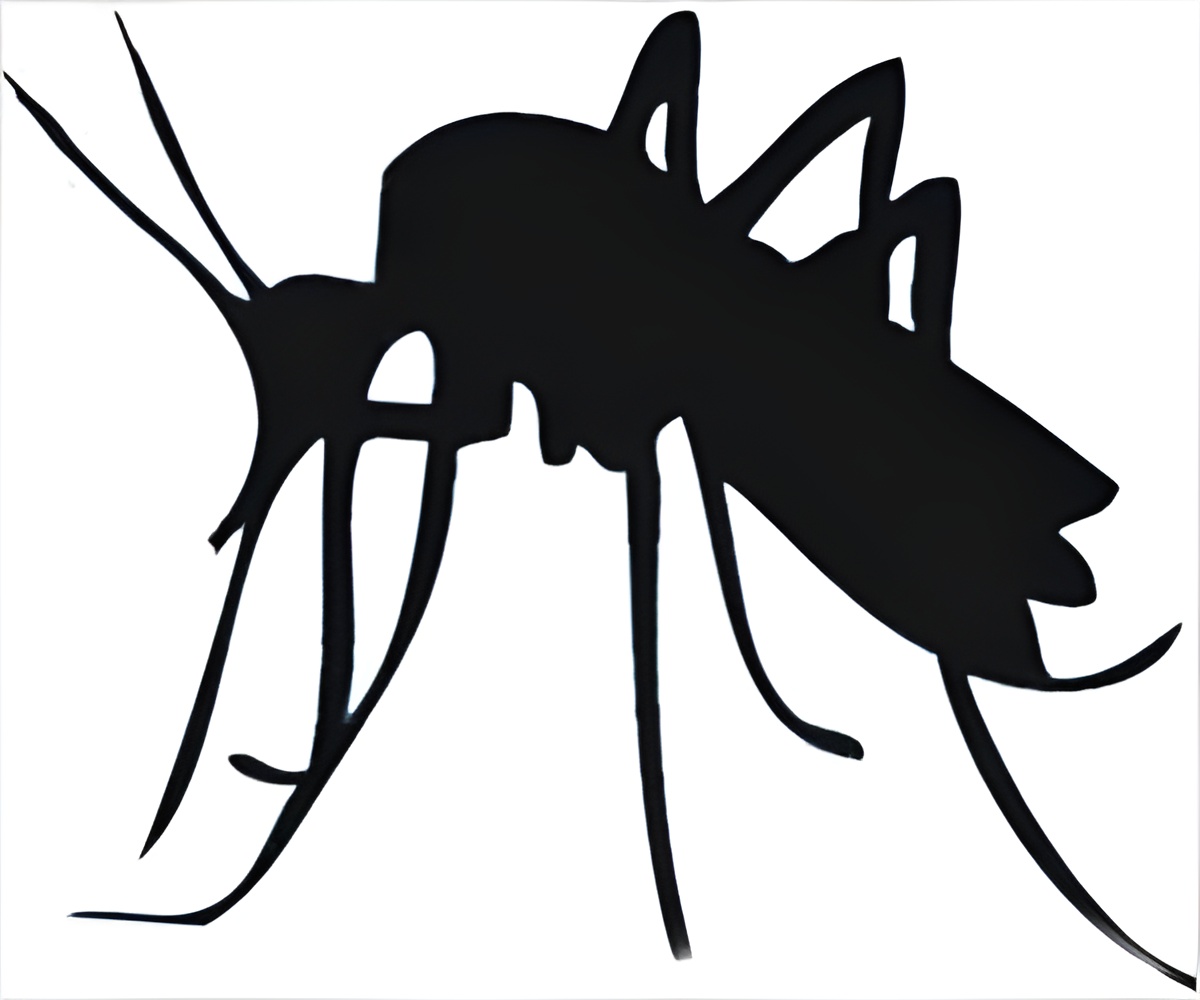SMC is currently being provided only for children up to 5 years of age, but in many areas the burden in older children may justify extending this range.

‘In some areas, expanding the age range for Seasonal Malaria Chemoprevention (SMC) could have a substantial impact on the malaria burden and could contribute to reducing malaria transmission.’





In 2012, the World Health Organization recommended that children under 5 years of age living in central Africa receive Seasonal Malaria Chemoprevention (SMC) with sulfadoxine-pyrimethamine and amodiaquine for up to 4 months of the year to prevent malaria. However, in many areas there is a substantial burden of disease in older children. The investigators designed a study in which 54 health posts in central Senegal were randomized to provide SMC to children up to age 10, or act as controls. For the years of the study, between 2008 and 2011, malaria cases and deaths in each community were monitored at outpatient clinics and hospitals. Over three years, 780,000 SMC treatments were given to children. Mortality, the primary study endpoint, was similar between the test and control areas (4.6 and 4.5 per 1000 respectively in children under 5 years and 1.3 and 1.2 per 1000 in children 5-9 years of age, with a mortality rate ratio 0.90; 95 percent confidence interval 0.68-1.2, p=0.496). However, SMC was found to reduce the incidence of malaria in those under age 10 by 60% (95 percent confidence interval 54-64%, p<0.001) and reduce the incidence of severe malaria by 45%.
Moreover, even though SMC was only given to children, the overall malaria incidence in older age groups was reduced by 26% (95 percent confidence interval 18-33%, p<0.001). More work is needed to better understand the effect of SMC on antimalarial drug resistance and to define the areas where expanding the age range for SMC would have the greatest benefit.
"Apart from in Senegal, SMC is currently being provided only for children up to 5 years of age, but in many areas the burden in older children may justify extending this range," says author Paul Milligan of the London School of Hygiene & Tropical Medicine. "Our study shows that in some areas expanding the age range for SMC could have a substantial impact on the malaria burden and could contribute to reducing malaria transmission."
In an accompanying Perspective, Robert Snow of the Kenya Medical Research Institute/Wellcome Trust Research Programme discusses the history of SMC in Africa and compares the costs and benefits of expanding the targeted age range. "[Seasonal malaria chemoprevention] is notable for incorporating the idea that different approaches may be appropriate in different settings," he notes. "Even if a fraction of the costs of delivering SMC were dedicated to intensive surveillance and a sustained research agenda, national malaria programmes could adapt to a changing epidemiology, parasite resistance and community acceptability."
Advertisement













